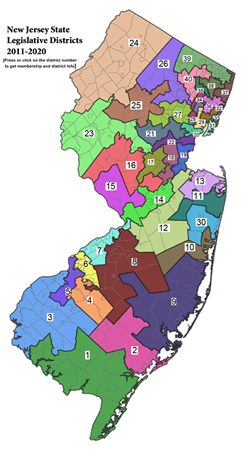Posted on March 16, 2020
As our country struggles to deal with the impact of the COVID-19 (“Coronavirus”) pandemic, Congress must take swift action to ensure families have what they need to care for their young children. The Families First Coronavirus Response (“Families First”) Act, currently waiting for a ruling by the U.S. Senate, will provide families:
- Increased funding for medical assistance for the duration of the pandemic;
- Increased funding for Special Supplemental Nutrition Program for Women, Infants, and Children (WIC) and the Supplemental Nutrition Assistance Program (SNAP) to fight food insecurities as families lose wages and children lose access to free or reduced-price meals in schools and child care;
- Emergency paid sick days and paid leave; and
- Extended federal funding for unemployment compensation.
Read more about this important piece of legislation, and ways that you can help it pass.




